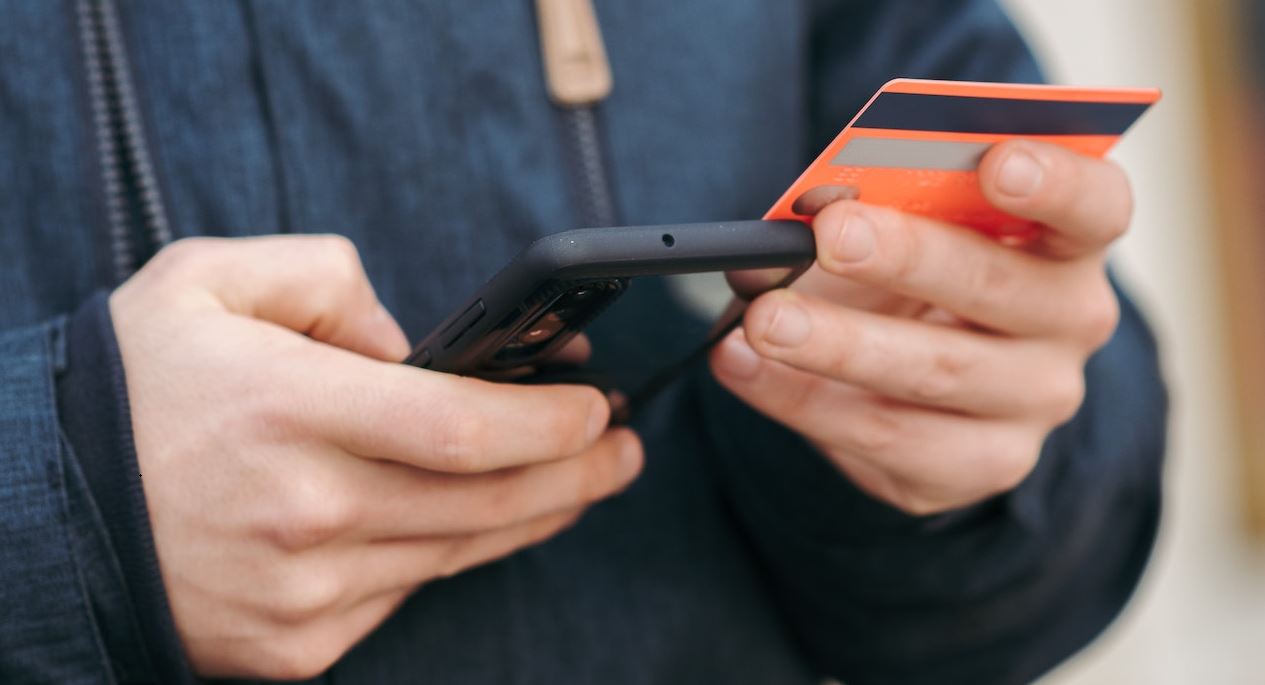finance
Truedly charge on credit card: What it’s about

Are you getting a p1, p2, p3, or p4 Truedly charge on your credit card or cash app and you didn’t authorize the transaction? You are not alone on this.
There have been several reports of suspicious Truedly charge on credit card from different people. We will be writing a review about the charge and sharing all the details you need to know.
What is an unauthorized charge on my credit card?
An unauthorized charge is a credit card purchase that you did not make or authorize anyone else to make. When you lose or steal your card, the person who finds or steals it may use it to make purchases. Criminals can use the card by impersonating you or ordering goods and services over the phone or the Internet.
If someone close to you, such as a family member, steals your card and uses it without your permission, it can be difficult to prove a crime or prosecute for unauthorized use, because most people do not want to press criminal charges against a family member.
Also, Unauthorized charges can occur as a result of a clerical error or a computer glitch. It is your responsibility to locate and report these charges as soon as possible in order to limit your liability for charges you did not make.
Detecting unauthorized charge
Many unauthorized and suspicious credit card charges go unnoticed for months because cardholders do not regularly review their credit card statements.
However, early detection is critical when it comes to correcting unauthorized charges. You could be liable for the charges if too much time passes from the time the charge is made to the time you report it.
The Fair Credit Billing Act specifically states that you must report unauthorized charges and other credit card billing errors to your card issuer within 60 days of the date the statement containing the error was submitted.
So, What’s Truedly charge on credit card?
The origin of the Truedly charge on credit and debit cards or cash app is unknown at this time. You should report the charge to your credit card company or bank as soon as possible.
Before that, Examine all receipts from that time period to ensure you did not simply overlook a purchase you authorized. If you come up empty-handed, contact the merchant; it could be an honest mistake, and the charge can be reversed. If it’s not an error, contact your credit card company to dispute the charge.
Be aware that fraudsters frequently conduct a small dollar transaction to see if a card is active. They begin selling the numbers on the black market after receiving approval. Minor unauthorized purchases are frequently an indication that the card has been compromised, so you should lock your card right away.
How to protect yourself against unauthorized charges?
Keep copies of your vouchers and ATM receipts so you can cross-reference them with your billing statements. If you suspect unauthorized or fraudulent use of your card, notify your card issuer immediately.
How to protect your credit cards
Never give out your credit card number or other personal information over the phone unless you can confirm that you are speaking with your financial institution or a reputable merchant.
Also, be careful about using your credit card online when shopping. Online shopping scam websites collect credit card information from victims by using a fake or low-quality online store. You can read our reviews of some scam websites Here.
You should also note that, you are liable for all charges if you lend your card. You will not be protected against unauthorized use if the charges are made by someone to whom you knowingly and willingly gave the card, including family and friends. Don’t give out your account number to anyone who calls you.
Wrap Up
Report fraud as soon as you become aware of it to protect yourself from unauthorized credit card charges. Examine your credit card statements the day they arrive and report any suspicious charges to your card issuer right away.

-

 news4 weeks ago
news4 weeks agoWhy VDM Was Arrested Again – Friend, Kokopee reveals
-

 news3 weeks ago
news3 weeks agoBeyond gambling: unveiling player personas in real money casinos and social casinos
-

 news3 weeks ago
news3 weeks agoFrom Love to Loss: Alleged Nigerian Fraudster and Family Orchestrate $370,000 Internet Scam
-

 chicago2 weeks ago
chicago2 weeks agoPhillip Mitchell Jr: Teen Found Dead with Gunshot Wound in Greater Grand Crossing











